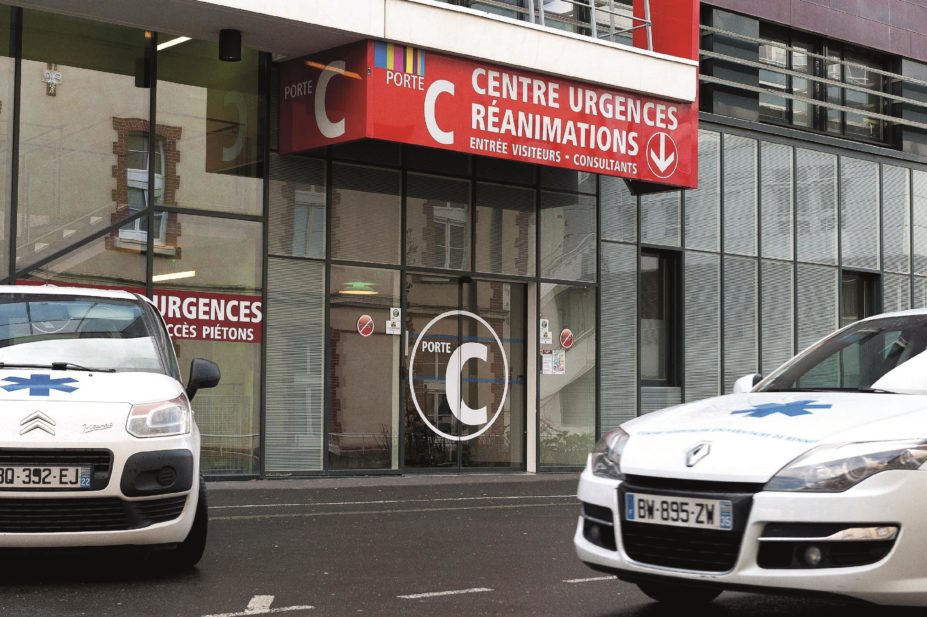
Mathieu Pattier / SIPA / Rex/Shutterstock
The European Medicines Agency (EMA) is reviewing its guidelines on first-in-human clinical trials following the death of a patient taking part in a phase I trial in Rennes, France, in January 2016.
The review will take into account findings from two investigations on what went wrong during the French trial, in which a further five patients were hospitalised. The review will examine the findings of the Temporary Specialist Scientific Committee (TSSC), set up by the French medicines agency ANSM, and of the Inspection générale des affaires sociales (IGAS), the inspectorate for social affairs in France.
The EMA wants to identify which parts of its guidelines and advice on best practice may need to be revised in light of the French investigations, which offer recommendations around the requirements for authorisation and conduct of first-in-human clinical trials.
One expert group is looking at pre-clinical aspects of the trials and the data needed from laboratory tests or animal studies to safely initiate tests in humans. A second group is looking at the clinical aspects of first-in-human trials and how the design of trials could be improved to better ensure the safety of human volunteers.
Once the areas for change have been identified and presented in a concept paper, the paper will form the basis for an EU-wide review of the guidelines.
According to the EMA, since 2005 approximately 14,700 phase I clinical trials, involving 305,000 subjects, have been conducted in the EU, including 3,100 first-in-human studies. One other severe incident has been reported in that time, when a trial conducted at Northwick Park Hospital in London led to six volunteers being admitted to intensive care after taking the immunomodulatory drug TGN1412.


